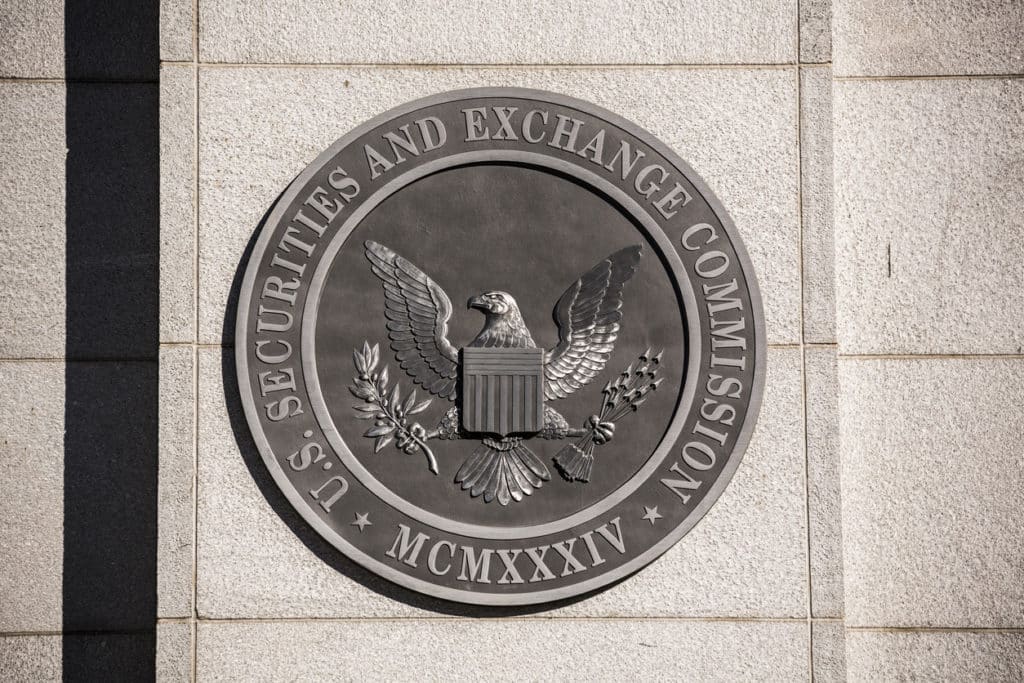On August 26, the U.S. Securities and Exchange Commission (SEC) voted 3-2 to approve two rule changes to its highly successful whistleblower program. The changes are meant to better incentivize whistleblowers and were described by one leading whistleblower attorney as a “home run.”
While the two Republican commissioners voted against the amendments, they voiced their overall support for the program in dissenting statements. These statements, alongside the statement of SEC Chair Gary Gensler, showcase the SEC’s strong commitment to its whistleblower program.
The SEC’s show of commitment comes in light of recent attacks against the program. In July, Bloomberg Law published an article overviewing an “investigation” into the SEC Whistleblower Program. The Bloomberg article contains several criticisms of the program and claims that the program “often ignores its own rules, shields much of its work from the public, and has been a financial boon for law firms that hired former agency officials.” An August article in the Atlantic argues that whistleblowing has been “tainted” by whistleblower award programs like the SEC’s.
Whistleblower advocates have been quick to rebut the arguments raised in these articles and to point out the conflicts of interests biasing the articles. On July 27, the founding partners of whistleblower law firm Kohn, Kohn & Colapinto (KKC), Stephen M. Kohn, Michael D. Kohn and David K. Colapinto, authored a rebuttal to the Bloomberg article. In the article, the KKC partners explain how the Bloomberg piece is rife with distortions and biased by undisclosed conflicts of interests. In contrast with Bloomberg’s description of the program, they claim that the SEC Whistleblower Program is “warts and all, is the best managed whistleblower program in the United States.”
On August 12, Taxpayers Against Fraud (TAF) filed a memo to Congress briefing lawmakers on the merits of the SEC Whistleblower Program and the misconceptions found in the Bloomberg article. The memo states that “TAF practitioners universally agree on one thing: Bloomberg blatantly manipulated facts about the program and disingenuously distorted the meaning of comments by some whistleblower lawyers in a way that borders on sensationalist journalism.” After addressing the misconceptions found in the Bloomberg article, the memo states that “[s]imply put, the SEC Whistleblower Program effectively exposes massive fraud schemes and deters future fraud, all while providing the necessary assurances and protections to would-be whistleblowers.”
The claims made by the KKC partners and TAF are echoed in the statement of SEC officials following the rule change vote on August 26. In his statement, Chair Gensler says that the program “has greatly aided the Commission’s work to protect investors.” He goes on to explain that “the SEC has used whistleblower information to obtain sanctions of over $5 billion from securities law violators, return over $1.3 billion to harmed investors, and award over $1.3 billion to whistleblowers for their service.”
The two Commissioners who voted against the rule changes, Hester Peirce and Mark Uyeda, also clearly praised the success of the program in their dissenting statements. “The Commission’s whistleblower program is successful, increasingly so in recent years,” says Peirce. Uyeda notes that “the Adopting Release acknowledges that ‘[w]histleblower programs, including the SEC’s whistleblower program, have been studied by economists who report findings consistent with award programs being effective at contributing to the discovery of violations.’”
While the rule changes addressed concerns raised by whistleblower advocates about the payment of related action awards and the SEC’s ability to limit large awards, Bloomberg’s reporting on the vote instead focused on Uyeda’s mention of Bloomberg‘s concerns about the program’s “secrecy.” In a new article in JD Supra, KKC’s Stephen M. Kohn highlights that Bloomberg’s reporting “misses the big story.”
“The SEC whistleblower program works exceptionally well,” states Kohn. “Bloomberg owes its readers balanced coverage on controversial topics, including whistleblowing. That’s the story.”
Read:
